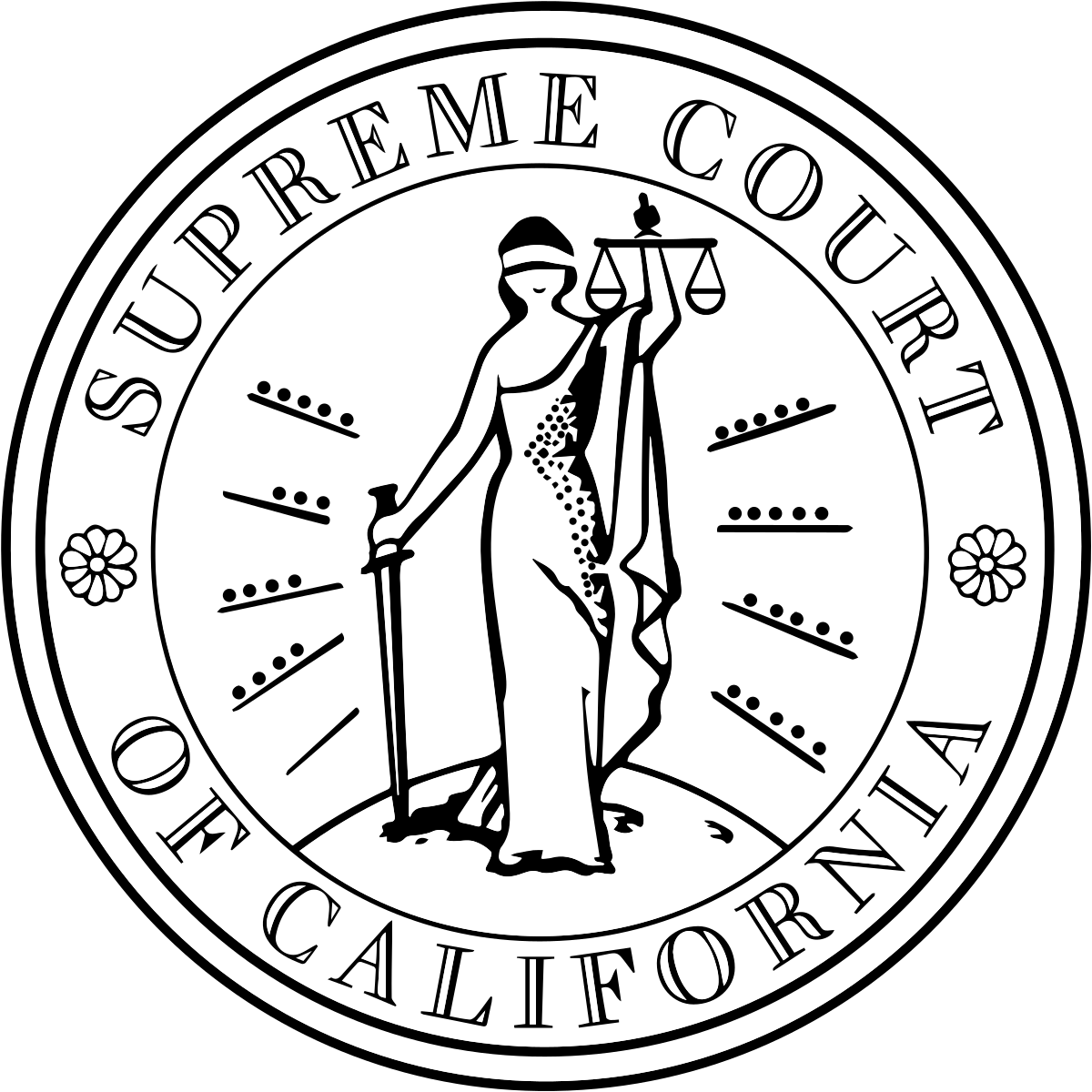4.3.24
By Jennifer Jacobus, PHRca, SDEA CEO 
While a recent California Supreme Court decision should not be news to most employers in California, it does reconfirm lower court decisions regarding the compensability of time spent on mandated security checks, travel time, and unpaid meal periods for employees. Employers need to be aware of these affirmations to ensure compliance with state labor laws and to avoid potential legal liabilities.
The case in question centered around the compensability of time spent by employees undergoing mandatory security checks before leaving work premises, time spent traveling between job sites, and unpaid meal periods. Previously, there had been ambiguity regarding whether such time should be considered compensable under California labor laws.
Key Highlights of the Decision:
Security Checks: The California Supreme Court ruled that time spent by employees undergoing mandatory security checks at the end of their shifts is compensable. This means that employers must compensate employees for the time spent waiting for and undergoing these security checks.
Travel Time: The court also addressed the compensability of travel time between job sites. It clarified that travel time between job sites during the workday should generally be considered compensable, as it is integral to the performance of work duties.
Unpaid Meal Periods: Additionally, the court reaffirmed that employers must provide uninterrupted meal periods to employees. If employees’ meal periods are interrupted or if they are required to perform work duties during their meal breaks, they must be compensated for that time.
Implications for Employers:
Review Policies: Employers should review their policies and practices regarding compensable time to ensure compliance. This may involve updating employee handbooks, timekeeping systems, and payroll procedures.
Training: It is essential to train managers and supervisors on the legal requirements regarding compensable time. They should understand when employees must be compensated for time spent on security checks, travel between job sites, and interrupted meal periods.
Recordkeeping: Accurate recordkeeping is crucial to demonstrate compliance with labor laws. Employers should maintain detailed records of employees’ work hours, including time spent on security checks, travel, and meal breaks.
Consultation: Given the complexity of labor laws and potential legal implications, employers may want to consult with SDEA to ensure their policies and practices align with state regulations and the recent court decision.
Conclusion:
The California Supreme Court’s decision underscores the importance of understanding and complying with state labor laws to avoid potential legal liabilities. Employers must review their policies, train their staff, maintain accurate records, and seek legal guidance if there is a question regarding compensable time. By doing so, employers can protect their employees’ rights and mitigate the risk of costly legal disputes.
Have questions? Interested in training on this topic or others? Need your handbook reviewed? Call SDEA at 858-505-0024, we can help.




